When the war in Gaza flared up this summer, the editorials did too. A piece by Shmuel Rosner in the NY Times, for example, told American Jews to hold their tongues about Israel in no uncertain terms.
Rabbi Joachim Prinz and Israeli Prime Minister David Ben-Gurion. (Photo courtesy of The Jacob Rader Marcus Center American Jewish Archives)
The question was raised: As Jews who care about the survival and the moral life of the Jewish people, is our obligation to speak out when we disagree with Israel’s policies or to remain silent? Emily Bazelon and Ruth Margalit engaged in a sensitive and nuanced dialogue about this question in Slate. Rabbi Prinz had something to say about this question. When we combed through Rabbi Prinz’s archives, we found voluminous correspondence on Israel and its relationship to American Jews. Prinz’s friends and colleagues, not to mention strangers, repeatedly challenged his statements about Israeli government policies and actions and Rabbi Prinz responded, over and over again.
A letter that Prinz wrote in 1975 at the age of 73, captures his passion about speaking out—and that gave us the title of our film, Joachim Prinz: I Shall Not Be Silent. After Prinz publicly supported a NY Times editorial opposing pre-emptive war by Israel, Charlotte Jacobson (then the head of the World Zionist Organization) challenged Prinz in a private letter. Here’s his response, edited for length:
Dear Charlotte,
. . . . I have always been, and still am, against any war as a solution to the problems of the Near East. I believe that neither victory nor any other military triumph will solve the situation. It is true that many people in Israel share my view. It is equally true that there are considerable groups which have called for a pre-emptive war.
. . . .I felt it that it was not enough for the public to know that the New York Times was against a pre-emptive war. The Jewish community of America could play an important part in preventing any war in the Near East, or at least do whatever it could in order to express its views against such a war.
My reasoning was for the world to understand that the existence of world Jewry, including American Jewry, is dependent in the profoundest sense upon the existence of the State of Israel, its life, its security and its creativity. . . .
I do not believe either the Jewish communities or the big powers have the right to dictate either to Israel or to the Arabs what [the conditions for peace] should be. I . . . call upon all people of good will, Jews and non-Jews, to unite in the “cry for peace.”
I have for a long time called for a national debate on Jewish problems, and particularly the problems of Israel. I have been silent on many foreign policy issues although I disagreed with them violently. I have tried for many years to convince Golda and the government that the Palestinian entity has to be taken seriously. I met with derision, ridicule and insult. Now it is too late. I am an old Zionist but one who has never believed that the relationship between Israel and the Diaspora is one-sided, and that we must not express ourselves freely on issues about which we feel deeply. . . .
I am still very much alive and I have no intention to remain silent. . . . Even if I have to leave every Jewish organization, I shall feel free to express myself whenever my conscience calls for it.
. . . We are not yet a muzzled community. We can still speak. Those of us who love Israel and are convinced that our lives in the Diaspora will be meaningless and empty without Israel, will remember the Biblical adage, “For the sake of Zion, I shall not be silent.”
With warm personal regards, I am
Yours,
Joachim Prinz

